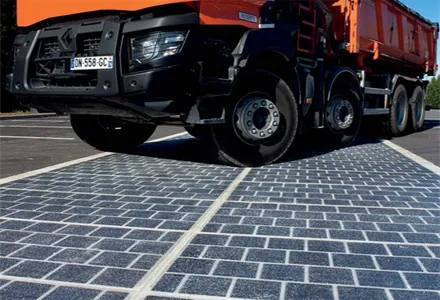Zomba has become the first city in Malawi to install solar powered street lights, according to local media. The 261 solar powered street lights are going to cover the city’s boundary along the M3 road for around 7km. City authorities said they have responded to concerns about the possibility of poor lighting from the solar luminaries during the rainy season which can be long with continuous heavy cloud. The move is part of a strategy to reduce dependency on hydropower which is in short supply and can be
March 9, 2018
Read time: 1 min
Zomba has become the first city in Malawi to install solar powered street lights, according to local media.
The 261 solar powered street lights are going to cover the city’s boundary along the M3 road for around 7km.
City authorities said they have responded to concerns about the possibility of poor lighting from the solar luminaries during the rainy season which can be long with continuous heavy cloud.
The move is part of a strategy to reduce dependency on hydropower which is in short supply and can be expensive.
Zomba, in southern Malawi, has a population of around 100,000 and was Malawi’s capital until 1975 when the government moved to Lilongwe, population just over 1 million.
The 261 solar powered street lights are going to cover the city’s boundary along the M3 road for around 7km.
City authorities said they have responded to concerns about the possibility of poor lighting from the solar luminaries during the rainy season which can be long with continuous heavy cloud.
The move is part of a strategy to reduce dependency on hydropower which is in short supply and can be expensive.
Zomba, in southern Malawi, has a population of around 100,000 and was Malawi’s capital until 1975 when the government moved to Lilongwe, population just over 1 million.







